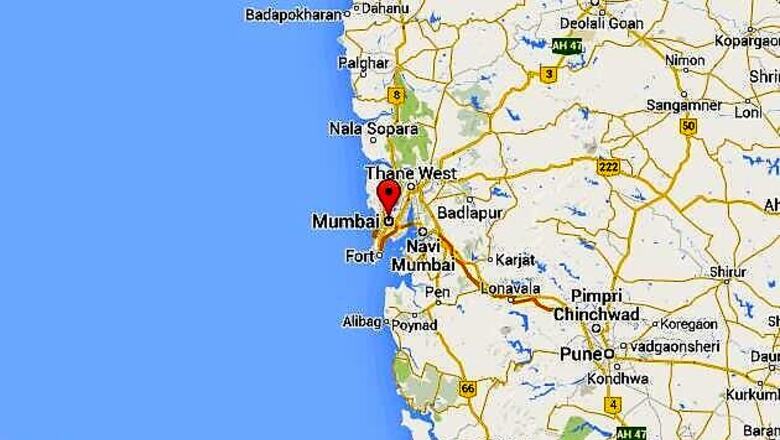
views
Mumbai: Though the monsoon brings cheers by filling up parched lakes and dams and boosting up farming, it also leads to a spurt in water-borne diseases, say experts.
Dr Sanjiv Badhwar, ENT specialist at Mumbai's Kokilaben Dhirubhai Ambani Hospital says, "In rainy season, we find increased number of patients with upper respiratory tract infections, common cold, sinusitis, ear infections. Every year we see about 12-15 per cent rise in these ailments during the monsoon time as compared to other months."
Dr Anil Ballani, consultant physician at Lilavati Hospital, says, "The common ailments during monsoons are water-borne diseases (diarrhoea, gastroenteritis, typhoid and hepatitis or jaundice), air-borne diseases (common cold, viral infections, influenza and pneumonia and vector-borne disease (malaria and dengue through mosquitoes)."
Since the onset of monsoon this year in Mumbai, there have been 4,642 cases of fever in June, 566 malaria, two of leptospirosis, 27 dengue, 80 typhoid and 910 gastro-enteritis.
Last month, there were 3,950 cases of fever and 450 of malaria, as per the data of Brihanmumbai Municipal Corporation (BMC).
In the first week of August this year, 1,733 people complained of fever while 235 were found suffering from malaria, as per the data.
Dr Mala Kaneria of Nair hospital says, "We tell our patients to protect themselves by using mosquito repellents and nets, wearing long sleeved clothes in mosquito-infested areas if possible and not allowing water to stagnate around the residential places as mosquito larvae thrive in stagnating water. This helps in controlling dengue and malaria, which are the most common diseases during rains."
"Emptying all flower pots on a daily basis to prevent accumulation of stagnant water, avoiding contact with stagnant rainwater and/or wading in rainwater, maintaining proper hygiene, drinking only boiled or filter water and avoiding uncovered and street food are some of the preventive measures for monsoon-related illnesses," she added.













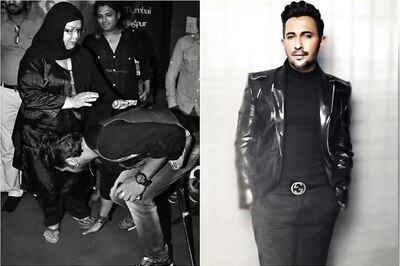

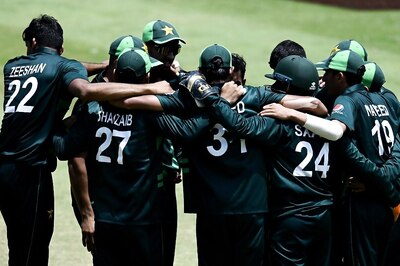
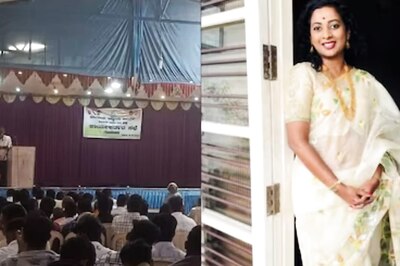
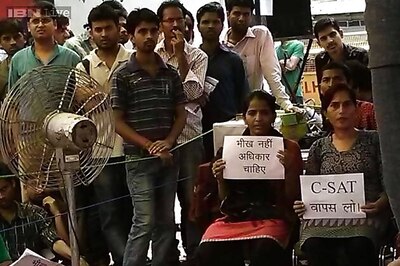
Comments
0 comment